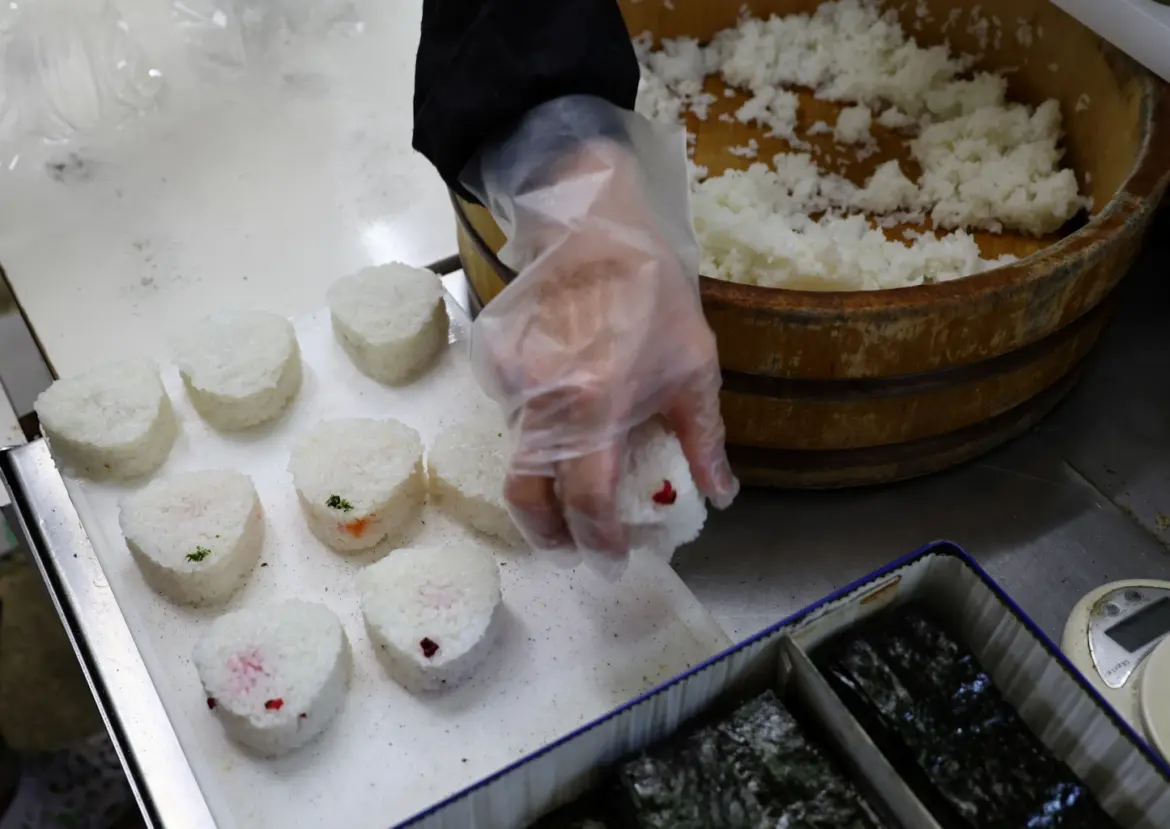To ease farmers’ concerns, some opposition parties have proposed income compensation.
The leading opposition Constitutional Democratic Party of Japan vowed to establish a program to directly pay farmers maintaining their farmland 23,000 yen per 1,000 square meters of farmland.
The DPFP has pledged to pay 15,000 yen per 1,000 square meters of farmland to increase farmers’ income, while the Japanese Communist Party plans to set a minimum income guarantee of some 20,000 yen per 60 kilograms of crops.
On the other hand, the LDP is negative about providing subsidies based on the size of farmland or the volume of crops, saying that such initiatives could hinder the efforts to strengthen the agricultural sector’s competitiveness.
“We don’t plan to pay compensation to farmers just because prices have dropped,” Ishiba said. He also said the public may understand the use of taxpayer money for efforts to reduce costs through farmland consolidation or to expand support to farmers operating in mountainous areas where agriculture is challenging.
Still, the LDP says in its election campaign platform that it will help foster and secure farmers regardless of the size and management type of farming businesses, out of consideration for part-time farmers, who are traditionally supporters of the party.
Rice prices have finally started to fall recently, thanks to the release of government-stockpiled rice under discretionary contracts.
Rice farmers’ financial conditions will deteriorate, however, if they cannot sell their produce at prices that match the costs.
Koizumi, a member of the LDP, has said that the release of government-stockpiled rice at low prices was to “prevent people from shifting away from domestic rice.”
In a stump speech in the northeastern city of Yamagata on Thursday, he tried to rally support for the LDP, saying, “Our party is taking concrete steps toward two simultaneous objectives–ensuring that rice farmers can increase production without worry and that consumers can buy rice with peace of mind.”
Koizumi, however, did not specify a price level that would strike a balance between the interests of rice farmers and consumers.

[Copyright The Jiji Press, Ltd.]


AloJapan.com